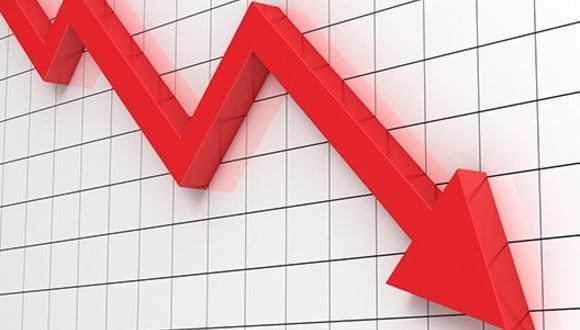
Trade deficit handicaps GDP and employment

By Josef Kefas Sheehama.
Economic research has shown that when countries trade with each other, global wealth grows, and all countries gain. No doubt, since trade is an engine of economic growth, the development of a competitive ability is crucial. This includes an enhanced education system, market diversification, a strong legal framework and trade policy, incentives for the promotion of exports and priority in the agricultural and energy sectors.
The conservative wisdom is that the trade balance reflects a country’s competitive strength, thus the lower the trade deficit, the greater a country’s competitive strength and the higher its economic growth. However, it may also reflect a low level of savings and make a country more vulnerable to external economic shocks.
Pursuant to the latest Namibia Statistics Agency (NSA) trade data, the trade balance remained in a deficit of N$4.6 billion from N$4.1 billion recorded in April 2022 and N$2.6 billion in May 2021. Hence, Namibia’s trade deficit widens despite a N$15.9 billion trade growth, acting as a negative catalyst for economic growth and GDP.
Furthermore, structural unemployment remains extremely high, poverty continues to afflict communities, oppression of workers continues, and that the inequalities are now deeper than ever. In this regard, the HPP’s were envisioned to accelerate growth in the Namibian economy, and to do so in ways that rapidly reduce poverty, unemployment and inequality.
Trade deficit and foreign debt have yet to reach critical levels. Government’s total debt as a percentage of GDP stood at 68% at the end of March 2022, accounting for a yearly increase of 10.1 percentage points. The yearly increase was driven by a rise in the issuance of both Treasury Bills (TBs) and Internal Registered Stock (IRS), according to the Bank of Namibia. On a positive note, external debt, however, declined year-on-year owing to the redemption of one of the Eurobonds in November 2021. Also, total loan guarantees as a ratio of GDP declined on a yearly basis, mainly due to repayments of foreign loans, which were guaranteed by the government in sectors such as transport and energy coupled with the repayment of domestic loans to the finance, transport and energy sectors. Well done!
Moreover, the effects of a trade deficit can vary depending on a number of variables. Some of these may not occur due to policy decisions that have taken place to mitigate them. At the same time, there are also other factors at play. In terms of how the market reacts, will depend on the exchange rate. Nevertheless, it is likely that new employment opportunities will arise. As consumers benefit from lower-priced goods from abroad, they have more money to spend elsewhere. In turn, this opens up new opportunities for other domestic firms. As a result, this aspect of a trade deficit isn’t necessarily a bad sign for an economy.
To my mind, a single African currency will contribute positively to the necessary structural development process on the continent. The single currency if properly implemented will improve trade by allowing specific countries to specialize at what they are good at, and exchange it for other goods that other countries in the alliance produce more efficiently. The implementation of the African Continental Free Trade Area Agreement (AfCFTA) is viewed as a catalyst for long-term continental prosperity and integration. A single integrated currency will contribute to currency stability, less financial risk, a reduction of transaction costs, a stronger and stable exchange rate, price transparency, and less trade impact from inflation. The foundation has been laid for continental monetary policy harmonization leading to a single currency and the smooth implementation of the African Continental Free Trade Area.
Namibia has succeeded to reinsert its economy back into world trade in the early nineties following a long period of political difficulties and international reactions to the apartheid regime. Since 1995 successive Namibian governments have faced major economic policy challenges to change the institutional structure of the economy and adapt the trade policy regime to the new agenda and structure.
A country’s trade balance can also influence the value of its currency in global markets, as it allows a country to have control of the majority of its currency through trade. In many cases, a trade surplus helps to strengthen a country’s currency relative to other currencies, affecting currency exchange rates, however, this depends on the proportion of goods and services of a country in comparison to other countries, as well as other market factors. When focusing solely on trade effects, a trade surplus means there is high demand for a country’s goods in the global market, which pushes the price of those goods higher and leads to a direct strengthening of the domestic currency.
To that end, trade surpluses are no guarantee of economic health, and trade deficits are no guarantee of economic weakness. Deficits or surpluses can either work out well or poorly, depending on whether the corresponding flows of financial capital is wisely invested.












































